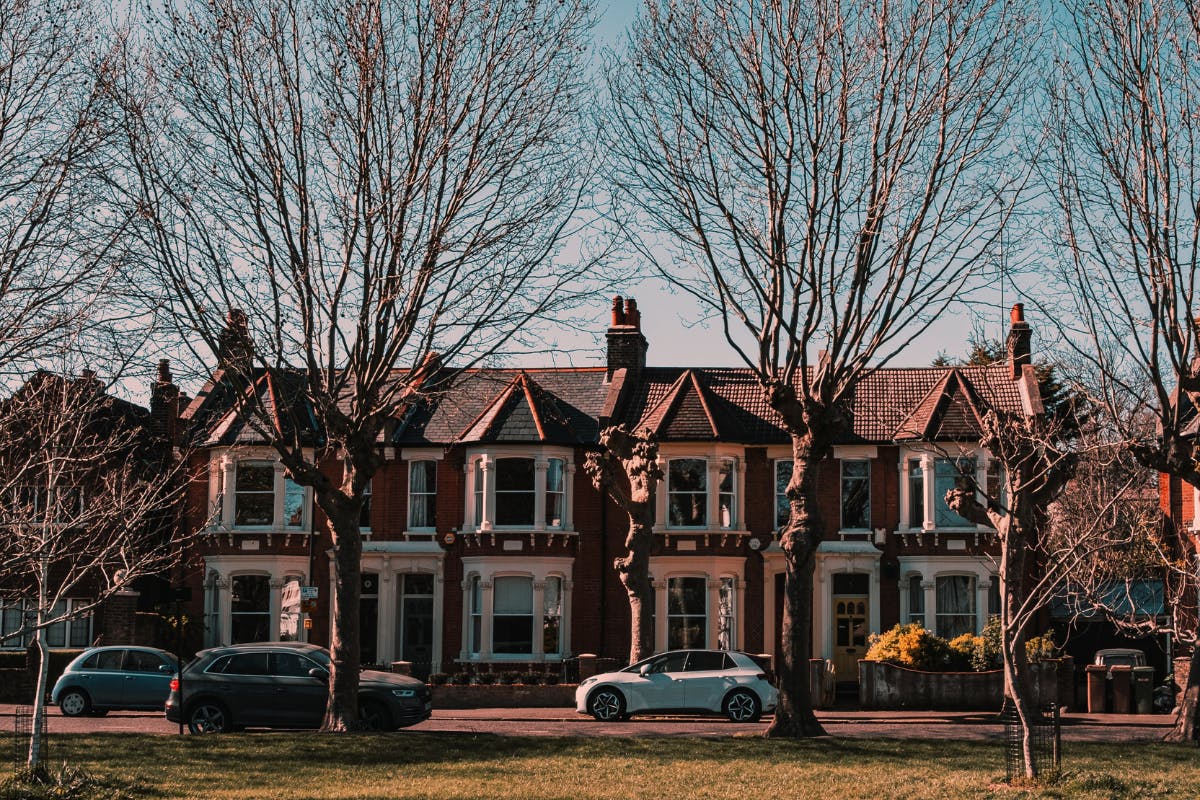Help To Buy vs Shared Ownership: Which should I choose?
Buying a home with a small deposit can often be a challenge, due to rising house prices and strict affordability criteria. Not only do banks often limit the amount a buyer can borrow to 4 to 5 times their income, they’re often reluctant to offer large loan to value (LTV) mortgages. This is particularly true for first-time buyers on a modest income or those buying a new build.
A number of schemes have been introduced over the years to try and tackle the problem, such as Help to Buy and Shared Ownership. What is the difference between Shared Ownership and Help to Buy? Which should you choose?
Unfortunately, Help to Buy is no longer available to new customers and the scheme ends completely in March 2023. So it looks like shared ownership is the clear cut winner for those who haven’t already signed up for the Help to Buy scheme!
But let’s have a look at how the two compare and explore some alternatives.
What is the difference between Help to Buy and shared ownership?
The main difference between Help to Buy and shared ownership is the Help to Buy scheme was an equity loan provided by the government to first time buyers, while shared ownership refers to a range of part buy, part rent schemes which allow people to buy a share of a property (usually between 10-75%) instead of the whole property.
The Help to Buy scheme worked by the government providing qualifying first time buyers an equity loan worth 20% of the property's value (or 40% in London) to buy their first home. This made it easier to get a mortgage because buyers only needed to borrow 75% of the property’s value from a bank or building society, plus their minimum 5% deposit.
Find out more about How Help to Buy works here.
With Shared Ownership, you don't get a mortgage for the whole property. Instead, you buy a share of the property and then pay rent on the share you don't own to either a housing association or private landlord. Because you are only buying a share of a property, you don't need as much saved as a deposit and can borrow less for a mortgage.
In some cases, you might be able to buy your share outright and live mortgage-free. Schemes that allow you to do this are often Sharīʿah-law compliant and can be used as an alternative to Islamic mortgages.
When you buy a shared ownership property, it’s possible to buy more shares in your home over time. This is known as ‘staircasing’ and could see you owning the home in full in future.
Both shared ownership and Help to Buy are designed to help first-time buyers with a small deposit or modest income to get on the property ladder. If you are looking to buy your first home but are struggling to save up a deposit or get the mortgage you need, talk to Tembo. We specialise in budget-boosting schemes designed to help buyers improve their mortgage affordability so they can buy sooner.
Create a free plan on our homebuyer platform for a personalised mortgage recommendation.
Discover all the alternatives to Help To Buy you're eligible for
Shared Ownership isn't the only alternative to the government's Help To Buy scheme. To find out what specialist schemes you could be eligible for, create a free Tembo plan today.
Which is better Help to Buy or shared ownership?
The Help to Buy scheme is now closed to new applicants, which means shared ownership is the better option out of the two at the moment.
Plus, shared ownership has some advantages over the Help to Buy scheme. For one, Help to Buy was only available to first time buyers and could only be used for new-build properties. Shared ownership can be used by first time buyers and second time buyers, and although a lot of shared ownership properties are new builds too, not all of them are.
You might also like: Rent vs buy: which is right for you?
Are there any other alternatives?
Now that we’ve compared shared ownership vs Help to Buy, you might be wondering if there are any alternative ways to get on the property ladder.
Lifetime ISAs
A Lifetime ISA is a tax-free savings or investment account where your contributions are topped up with a 25% government bonus. You can use the money you save in your LISA towards your first home purchase, retirement or both.
You can open a Lifetime ISA with as little as £1 and deposit up to £4,000 into it each tax year. So you could get up to £1,000 a year off the government towards your deposit.
You can use the money in your Lifetime ISA to purchase a shared ownership property or a regular home. Here’s a rundown of the top 10 Lifetime ISA providers.
Family assisted mortgages
If you have financially comfortable parents who want to help you buy a home, a family assisted mortgage aka a guarantor mortgage could be for you. Instead of giving you cash to put towards your deposit, they’ll be able to use their income, savings, or property to boost your borrowing potential.
There are a number of different ways to do this and the right option for you will depend on your circumstances. Take a look at our guide to guarantor mortgages to learn more.
100% mortgage
With schemes such as Skipton's Track Record mortgage, you can get a mortgage for 100% of the property's value, without needing any deposit. It works by using your track record of paying rent each month in lieu of a downpayment to get a 0% deposit mortgage. This allows you to stop renting, and start building up equity in a home of your own.
Find out how you could boost your budget and buy sooner
Here at Tembo, we specialise on helping buyers discover their true buying budget. In fact, on average our customers boost their budget by £88,000. Create a free Tembo plan to get a personalised recommendation on the best ways you could increase your affordability to buy sooner.






